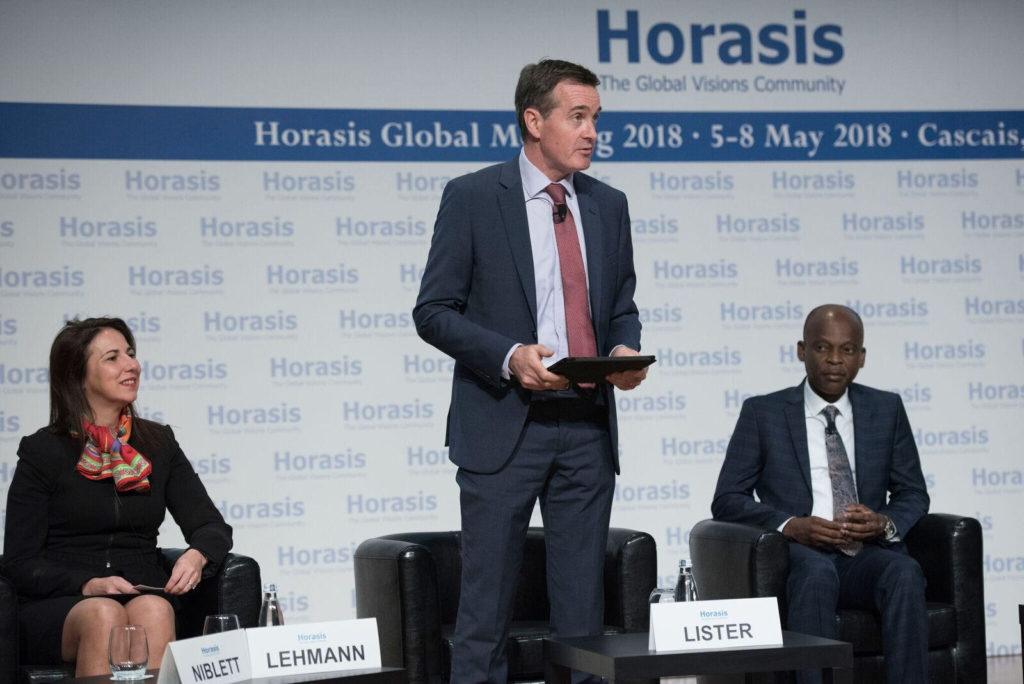After a high-drama Brazilian general election in which Lula da Silva could have been the first man to run as president from prison, Jair Bolsonaro was stabbed in an assassination attempt at a rally, and continued controversy surrounding WhatsApp and its power to spread fake news, right-wing candidate Bolsonaro won the second round with 55 percent of the vote.
This is a dramatic shift away from the left-wing governments that have run Brazil since Lula’s first presidential term in 2003, interrupted by a brief 2-year stint from current president Michel Temer’s current government after ex-President Dilma Rousseff was impeached. This new era will see Bolsonaro dealing with pulling the country out of its worst economic crisis to date as well as fulfilling his electoral promises.
However, how will Bolsonaro’s win affect Chile?
First of all, it is likely that Chile and Brazil will develop stronger trade agreements that will benefit both countries. Eurocarne reported that negotiations between Chile and Brazil on a free trade agreement have ended and it is likely that it will be signed in November, although the agreement will need congressional approval from both countries before it can be officially confirmed. This hopes to set off a stronger commercial relationship between the two countries, as well as paving the way for future agreements with Mercosur, a trade bloc that consists of Argentina, Brazil, Paraguay and Uruguay.
“The idea is to have one non-tariff tool for the whole framework that regulates Brazil’s relationship with Chile,” said Brazilian Minister of Regional Economic Integration, Michel Arslanian Neto. “This agreement is part of a pretty intense dynamic of commercial agreements in the region, which has sped up recently.”
He also added that this agreement could serve as a parameter for future negotiations with Mercosur, Canada and the Pacific Alliance.
Chile’s President Sebastián Piñera had been an open supporter of Bolsonaro throughout the elections, and he was the first person to congratulate the Brazilian on social media after the results were announced, as well as inviting him to visit Chile.
Felicito al pueblo brasileño por una limpia y democrática elección. Felicito a @jairbolsonaro por su gran triunfo electoral.Lo invito a visitar Chile y estoy seguro que trabajaremos con voluntad,fuerza y visión de futuro en favor del bienestar de nuestros pueblos y la integración
— Sebastian Piñera (@sebastianpinera) 28 de octubre de 2018
I congratulate all Brazilians for a free and democratic election. I congratulate Jair Bolsonaro for his great electoral triumph. I invite you to visit Chile and I am sure that we will work with good intentions, strength and a vision of the future in favour of the well-being of our people and integration.
Publimetro also reported that Onyx Lorenzi, the future head of cabinet under Bolsonaro’s administration, affirmed that Chile will be the first country that Bolsonaro will visit after winning the presidential bid. The two right-wing politicians seem set to develop a strong relationship.
However, with two conservative politicians already in office in the region, there have been suggestions that Bolsonaro’s victory could set of a wave of right-wing politics across the continent.
In conversation with BBC Mundo, Harvard professor Steven Levitsky highlighted the importance of Brazil’s recent elections in the region itself.
“If Bolsonaro is politically successful,” he explained, “there will be other politicians using him as a model.’’
“Bolsonaro puede ser el Duterte de América Latina y, si es exitoso, muchos podrían copiarlo”: Steven Levitsky, profesor de Harvard https://t.co/XBMyFXYsPF
— BBC News Mundo (@bbcmundo) 29 de octubre de 2018
Bolsonaro has been widely controversial for his ultra-conservative views on women and other minority groups, but may have gained popular support for his hard-line stance on crime which is a huge preoccupation for many Brazilians. He is expected to bring in policies that will allow police officers to act with impunity, and will also soften arms laws, stating that everybody has the right to own a gun to protect themselves. Levitsky worries that he may become the Rodrigo Duterte of South America. Duterte is the Filipino president who has violated various human rights in his violent fight against drugs.
“[Latin America should be] very worried,” said Levitsky. “Brazil is an influential country. The last time that democracy died in Brazil, in a military coup, it helped to trigger, or at least encourage, a wave of military coups across Latin America.”






